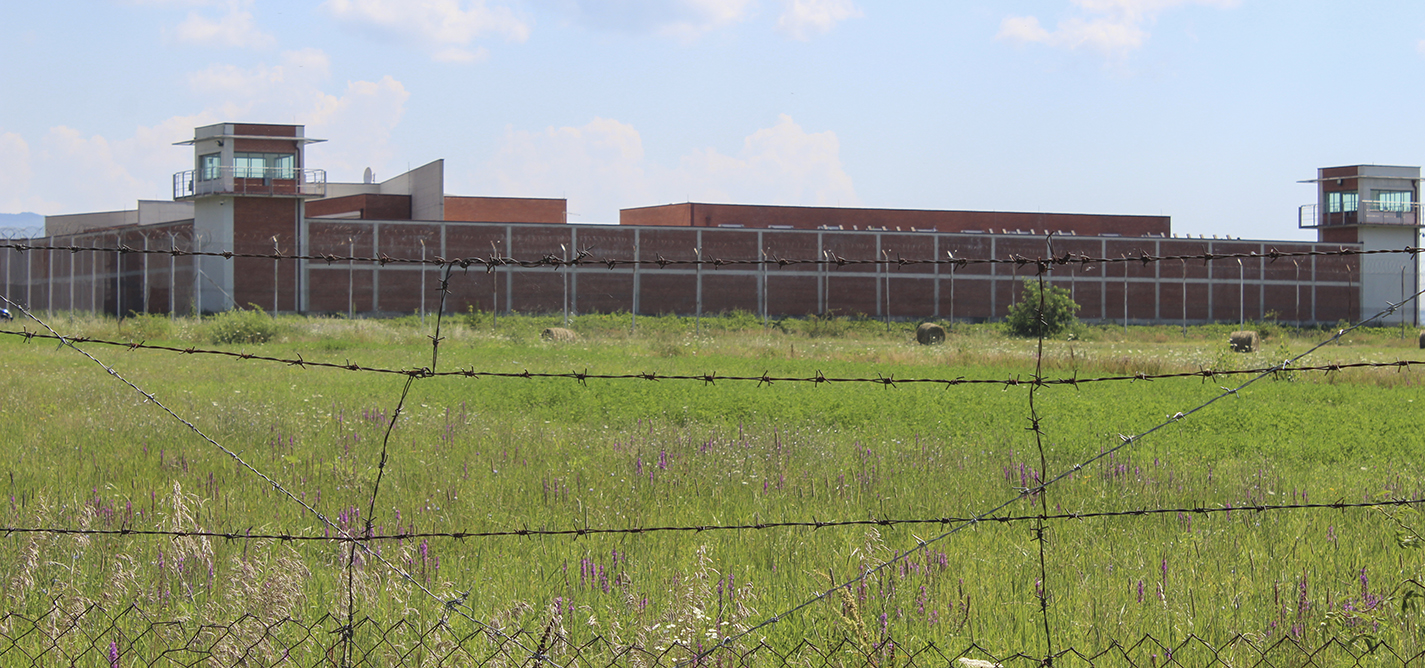
Exchanging poverty for prison
Minor crimes by people in poverty being punished with jail time.
What Ilir and Flurim have in common, besides cutting trees for wood, is that both men had to endure prison sentences in place of paying fines.
“During the visit, [it was] observed that in some of the cells, due to lack of space, some detainees and convicts slept on the floor on old mattresses and without sufficient covers.” Ombudsperson report, 2017.
In September 2014, after failing to pay a 400 euro traffic fine, the court sentenced a young man to serve 20 days in Dubrava Correctional Center. After just two days in prison, the young man was sexually abused by cellmates.
The court has another three cases that include rape in the Dubrava prison awaiting trial from previous years, while it has also accepted one new case in 2018.
According to the former prisoners that K2.0 interviewed, this alternative was not recommended by the relevant courts.
The monthly expenses for a prisoner amounts to 840 euros; as much as the state spends for seven months of social assistance for Ilir Boka's six-member family.
This year, up until the end of August, the Criminal Execution Office of the Basic Court of Prishtina alone had processed 1,149 cases in which a fine had been replaced with a prison sentence.

Halim Kafexholli
Halim Kafexholli finished his bachelor's studies in journalism at the University of Prishtina. He was a beneficiary of the first cycle of the Human Rights Journalism Scholarship, as well as participating in the K2.0 mentoring program. Halimi worked at the magazine Prishtina Insight, part of the BIRN Kosovo organization. He is also a recipient of the Human Rights Journalism Scholarship program (2018 and 2020 cycle). He currently works as a journalist for the publication Nacionale.
This story was originally written in Albanian.